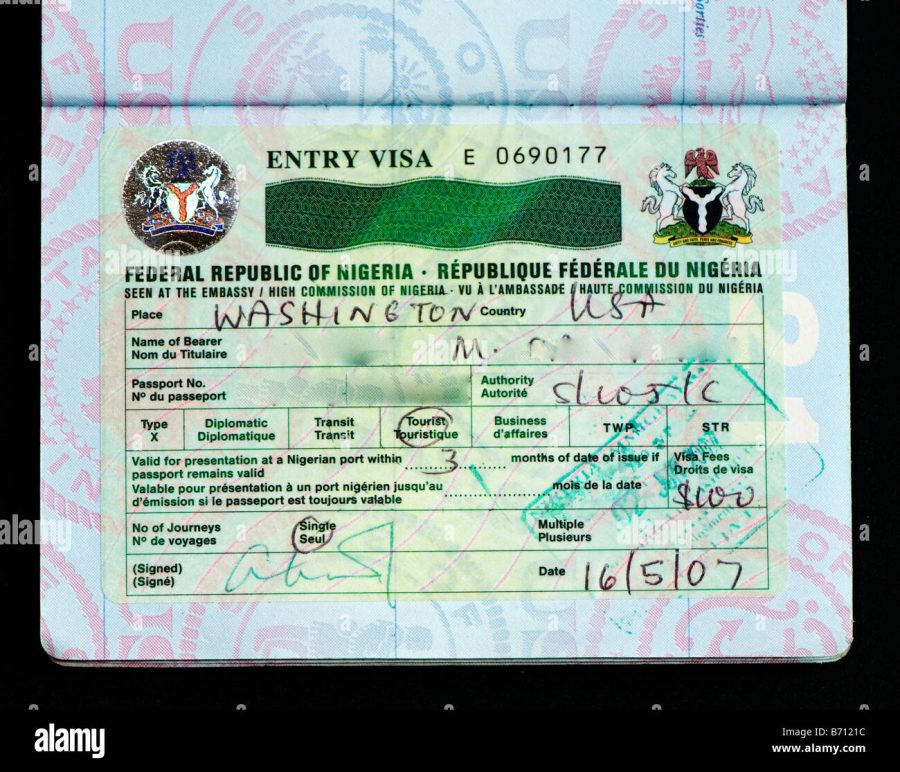Bulgaria and Romania said they will start the issuance of short-term Schengen visas for international visitors seeking entry into the Schengen Area, beginning April 1, 2024.
The announcement was made through a statement released on SchengenVisaInfo.
Both countries are expected to start granting Schengen C visas, allowing entry and stays of up to 90 days within 180 days.
After more than a decade of pursuing Schengen Area membership, since joining the European Union in 2007, this development aligns with the recent decision by the EU Council to grant Bulgaria and Romania partial access to the Schengen Area.
This also includes the removal of border controls at air and sea borders, officially welcoming them into the Schengen Zone, the statement noted.
Although the decision to lift land border controls is still pending, it is expected to benefit individuals and businesses by granting them the freedom of movement via air and sea.
Further discussions on lifting land border controls are scheduled for later in the year, enabling people and businesses to exercise their rights to free movement by air and sea when entering or leaving Bulgaria and Romania.
In 2018, the number of visitors from Nigeria to Romania was approximately 11,720, according to the Romanian Embassy.
Similarly, there were approximately 9,273 visitors from Nigeria to Bulgaria in 2018.
The EU Commission initially affirmed Bulgaria and Romania’s eligibility to join the Schengen Area in 2011.
Over the years, both nations had consistently demonstrated compliance with the necessary conditions, and experts reconfirmed their readiness in 2022 and 2023.
According to the commission, Bulgaria and Romania have now implemented security, policy, and judicial cooperation measures to ensure safety and security.
This marks the ninth expansion of the Schengen Area, with the promise of bolstering travel, trade, and tourism while concurrently strengthening the internal market.
The Schengen Area guarantees free movement for nearly 450 million EU citizens and foreign nationals within or visiting the EU.
EU citizens can travel, work, and reside in any Member State without special formalities.
This expansion, which eliminates border checks within the Schengen Area, is anticipated to enhance freedom and convenience for everyone involved, the EU said.







2 Comments